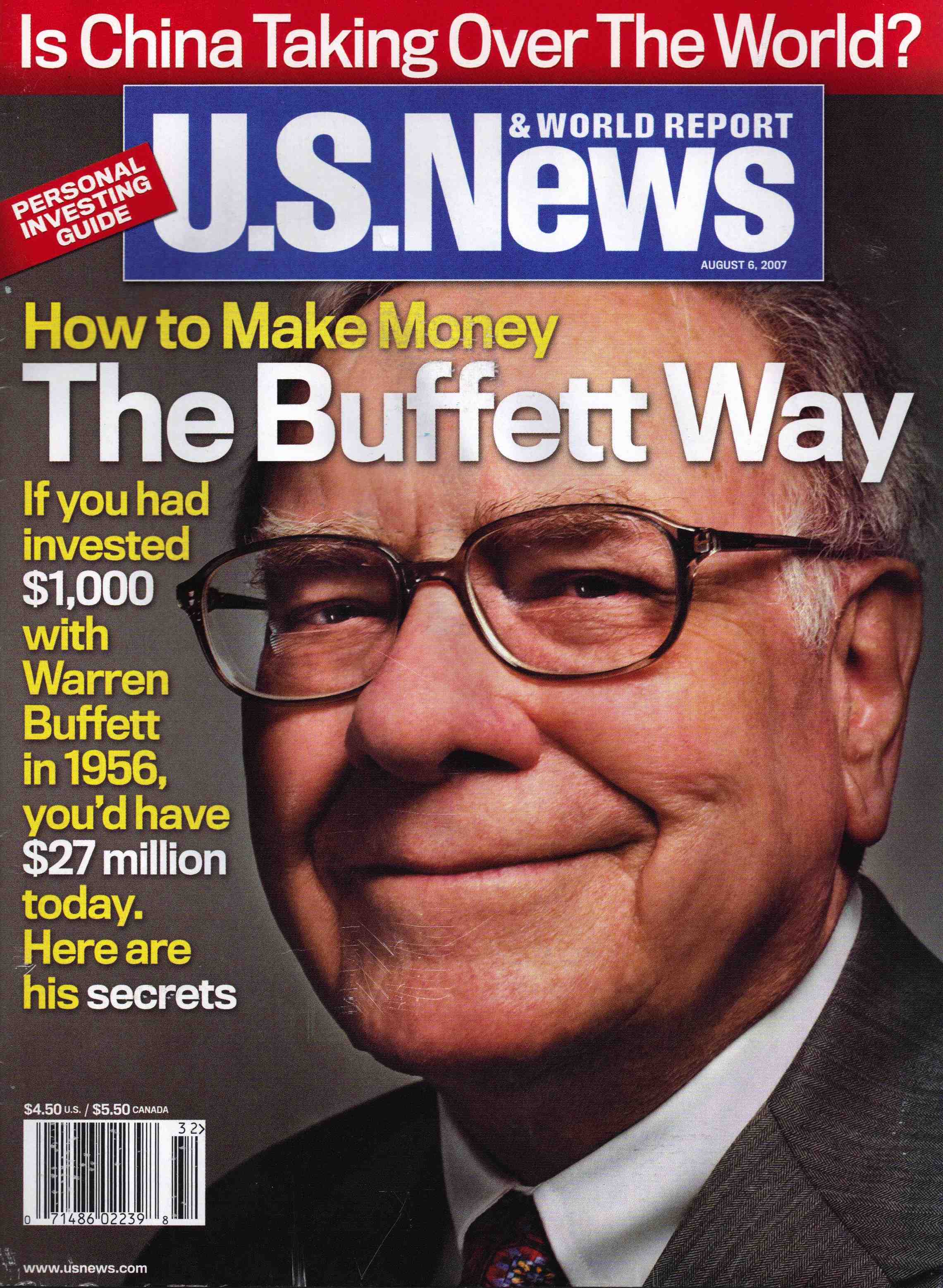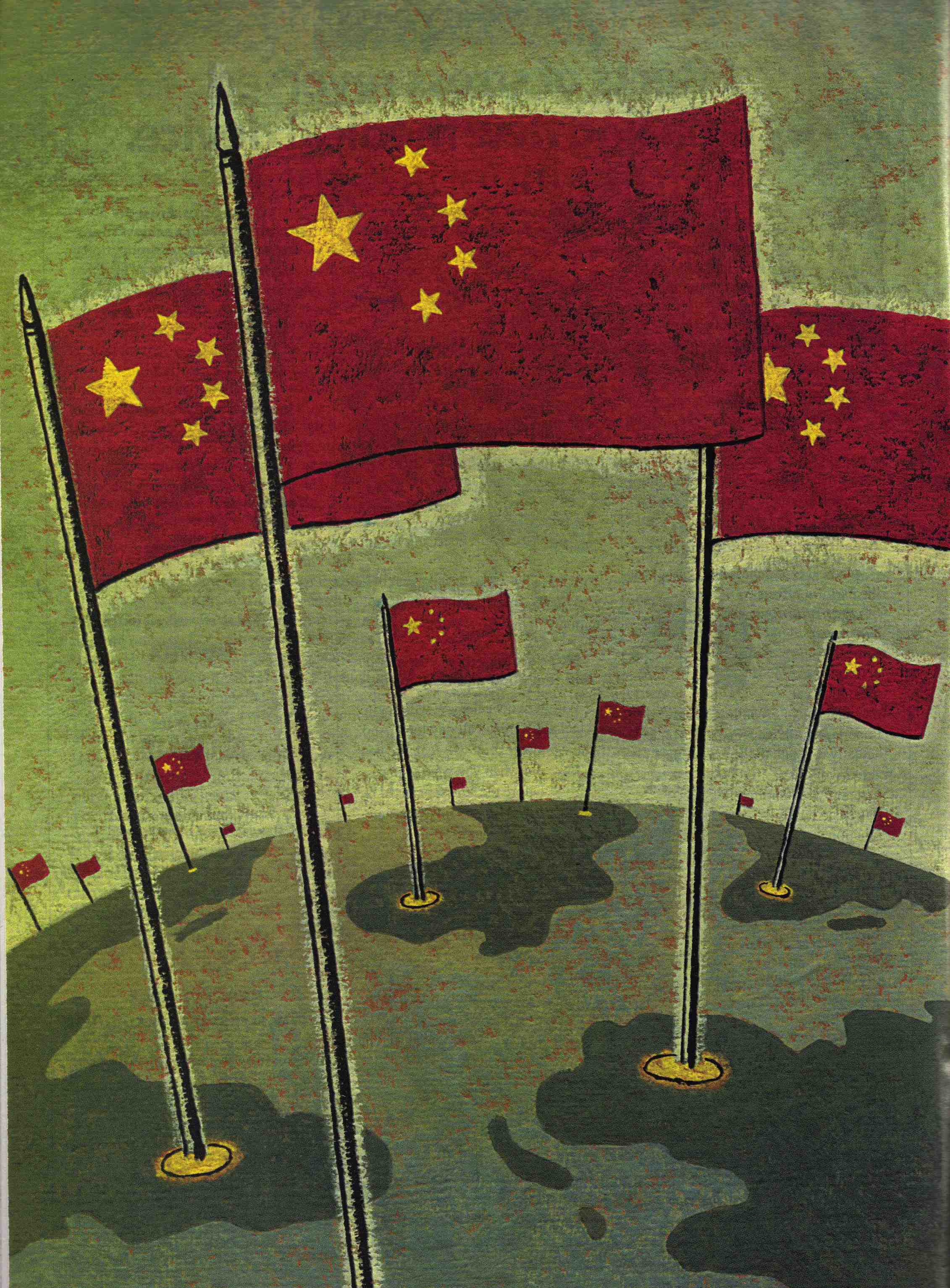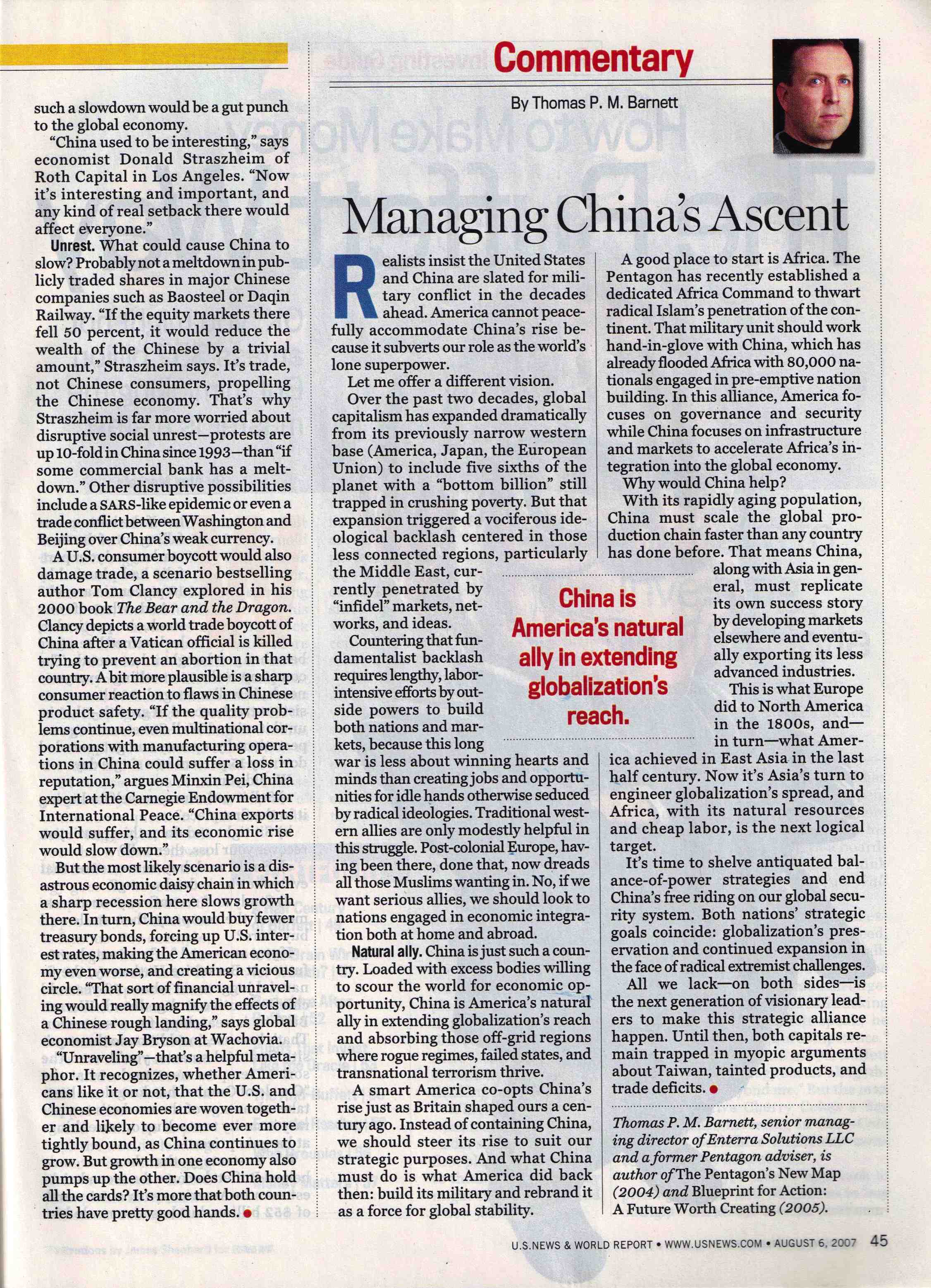

Managing China's Ascent
by
Thomas P.M. Barnett
6 August 2007
Realists insist the U.S. and China are slated for military conflict in the decades ahead. America cannot peacefully accommodate China's rise because it subverts our role as the world's lone superpower.
Let me offer a different vision.
Over the past two decades, global capitalism has expanded dramatically from its previously narrow western base (America, Japan, the EU) to include five sixths of the planet with a "bottom billion" still trapped in crushing poverty. But that expansion triggered a vociferous ideological backlash centered in those less-connected regions, particularly the Middle East, currently penetrated by "infidel" markets, networks, and ideas.
Countering that fundamentalist backlash requires lengthy, labor-intensive efforts by outside powers to build both nations and markets, because this long war is less about winning hearts and minds than creating jobs and opportunities for idle hands otherwise seduced by radical ideologies. Traditional western allies are only modestly helpful in this struggle. Post-colonial Europe, having been there, done that, now dreads all those Muslims wanting in. No, if we want serious allies, we should look to nations currently engaged in economic integration both at home and abroad.
Natural ally. China is just such a country. Loaded with excess bodies willing to scour the world for economic opportunity, China is America's natural ally in extending globalization's reach and absorbing those off-grid regions where rogue regimes, failed states, and transnational terrorism thrive.
A smart America co-opts China's rise just as Britain shaped ours a century ago. Instead of containing China, we should steer its rise to suit our strategic purposes. And what China must do is what America did back then: build its military and rebrand it as a force for global stability.
A good place to start is Africa. The Pentagon has recently established a dedicated Africa Command to thwart radical Islam's penetration of the continent. That military unit should work hand-in-glove with China, which has already flooded Africa with 80,000 nationals engaged in pre-emptive nation building. In this alliance, America focuses on governance and security while China focuses on infrastructure and markets to accelerate Africa's integration into the global economy.
Why would China help?
With its rapidly aging population, China must scale the global production chain faster than any country has done before. That means China, along with Asia in general, must replicate its own success story by developing markets elsewhere and eventually exporting its less-advanced industries.
This is what Europe did to North America in the 1800s, and—in turn—what America achieved in East Asia in the last half-century. Now it's Asia's turn to engineer globalization's spread, and Africa, with its natural resources and cheap labor, is the next logical target.
It's time to shelve antiquated balance-of-power strategies and end China's free riding on our global security system. Our nations' strategic goals coincide: globalization's preservation and continued expansion in the face of radical extremist challenges.
All we lack—on both sides—is the next generation of visionary leaders to make this strategic alliance happen. Until then, both capitals remain trapped in myopic arguments about Taiwan, tainted products, and trade deficits.
Thomas P. M. Barnett, senior managing director of Enterra Solutions LLC and a former Pentagon adviser, is author of The Pentagon's New Map (2004) and Blueprint for Action: A Future Worth Creating (2005).
